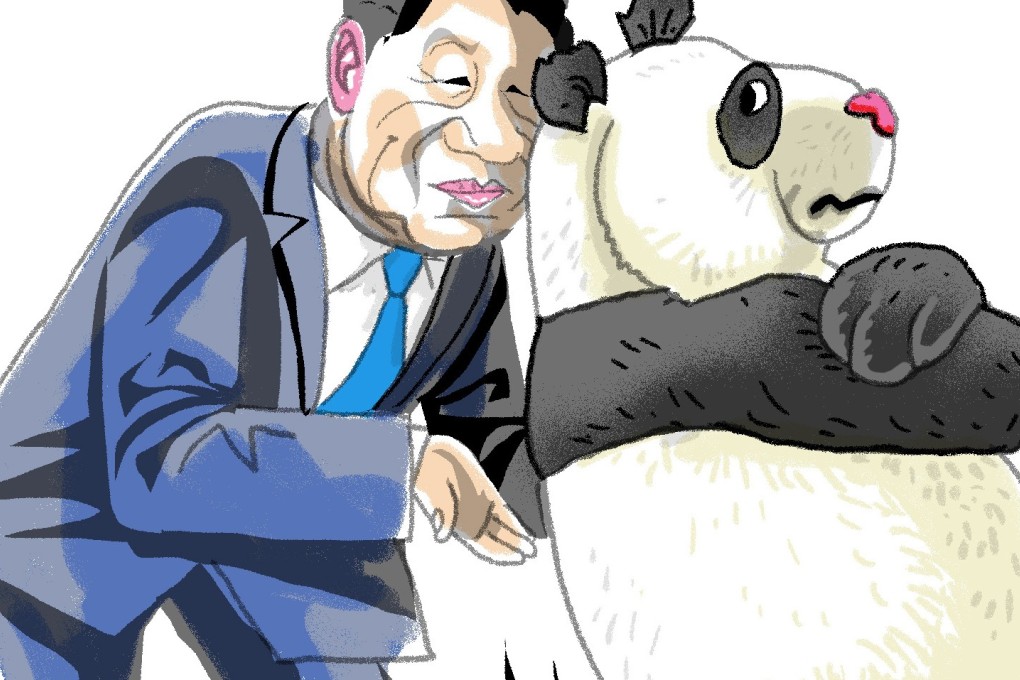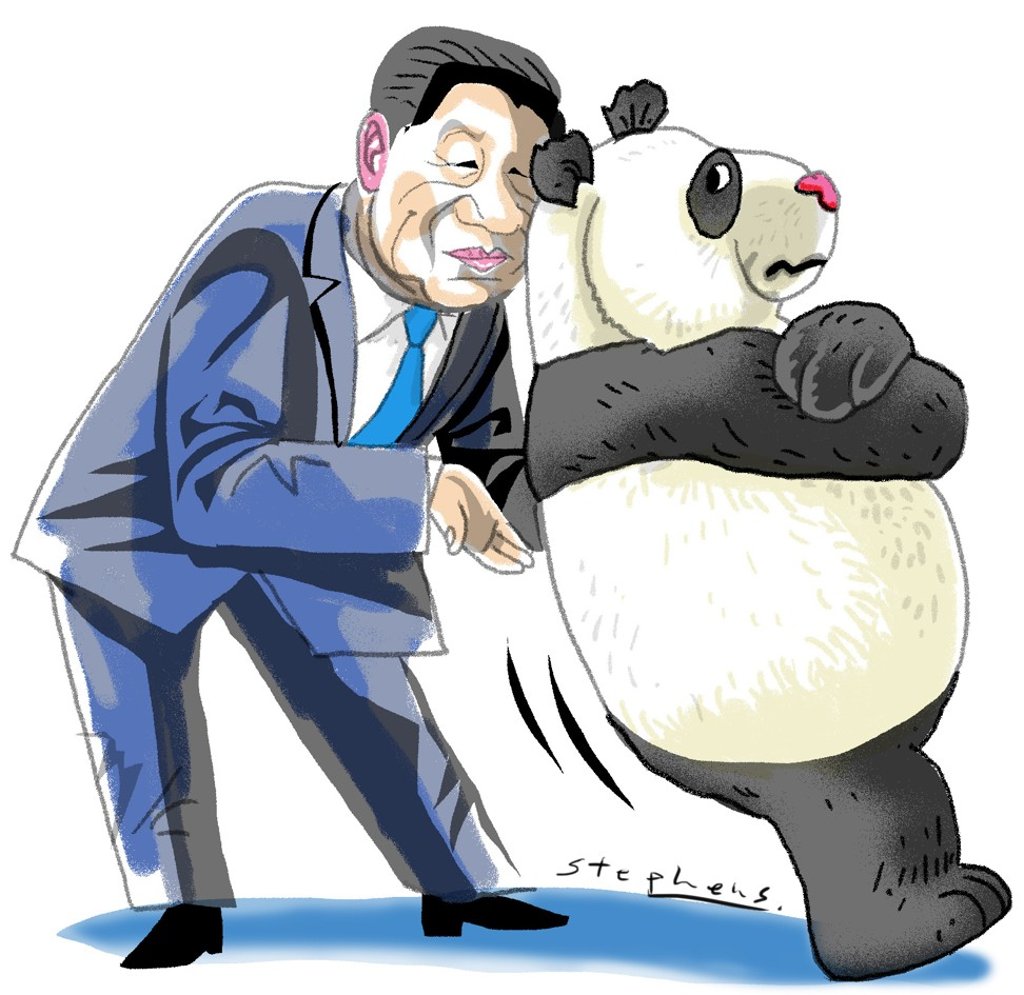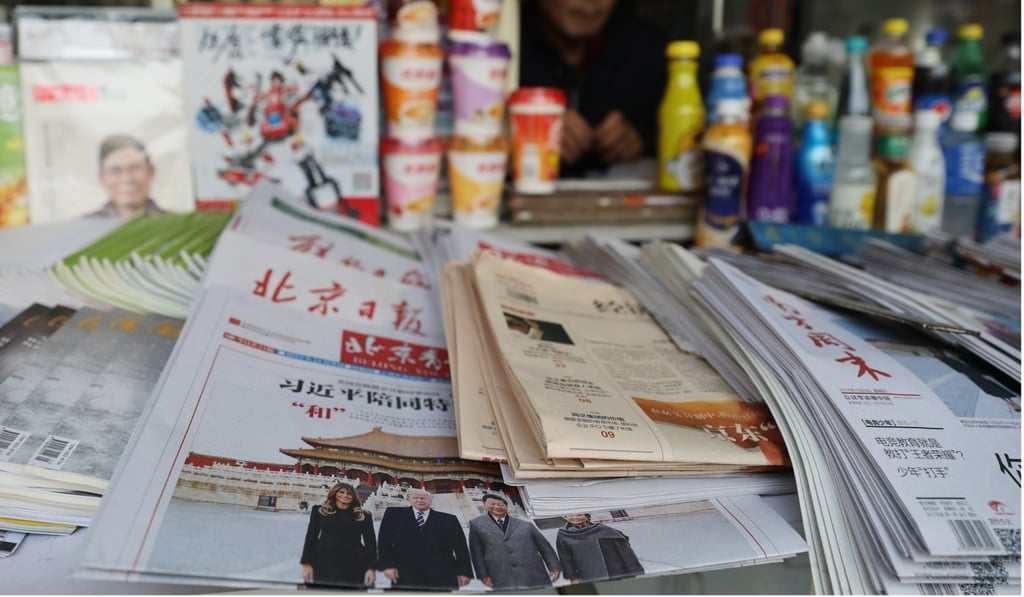China, under Xi Jinping, embarks on a quest to win the trust of its people
Robert Lawrence Kuhn says the public uproar over two recent, unrelated incidents – alleged child abuse at a kindergarten and the eviction of migrant workers in Beijing – highlights how the Chinese leader was right in diagnosing society’s fundamental problem today


Even the Chinese state media criticised the local government, saying more “warmth” was needed in moving migrant workers. Sensitivities are so high that the Chinese media can no longer use the pejorative phrase “low-end population”.
Beijing’s cruel eviction of its migrant workers is a stain on China’s urbanisation drive
Some Chinese scholars warn that the government is at risk of falling into the so-called “Tacitus trap”. The Roman historian Tacitus had observed that once a ruler became an object of hatred, the good and bad things he did only aroused people’s dislike of him. The Chinese scholars draw the analogy: “When a government department or an organisation loses its credibility, whether it tells truth or lies, does good or bad, the public believes them to be lies and bad.”
It may surprise Westerners that these two isolated incidents can trigger such heated emotions, even vitriol, towards the government. After all, such tragic or scandalous events are not uncommon in all countries. Why then have these caused such a stir in China, whereas in the US, for example, public interest would barely budge?
At the risk of oversimplifying, I suggest two interlocking reasons. First, people in China have unrealistic expectations that the government can do everything, and second, they believe that the media reports only that which the government approves. The result is that for every problem, the government is blamed, and no matter what the media says, people assume the truth is worse.
Why China hurts itself more than others with censorship

